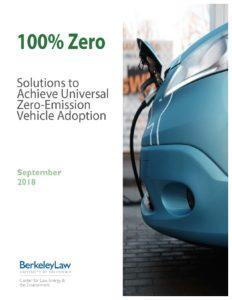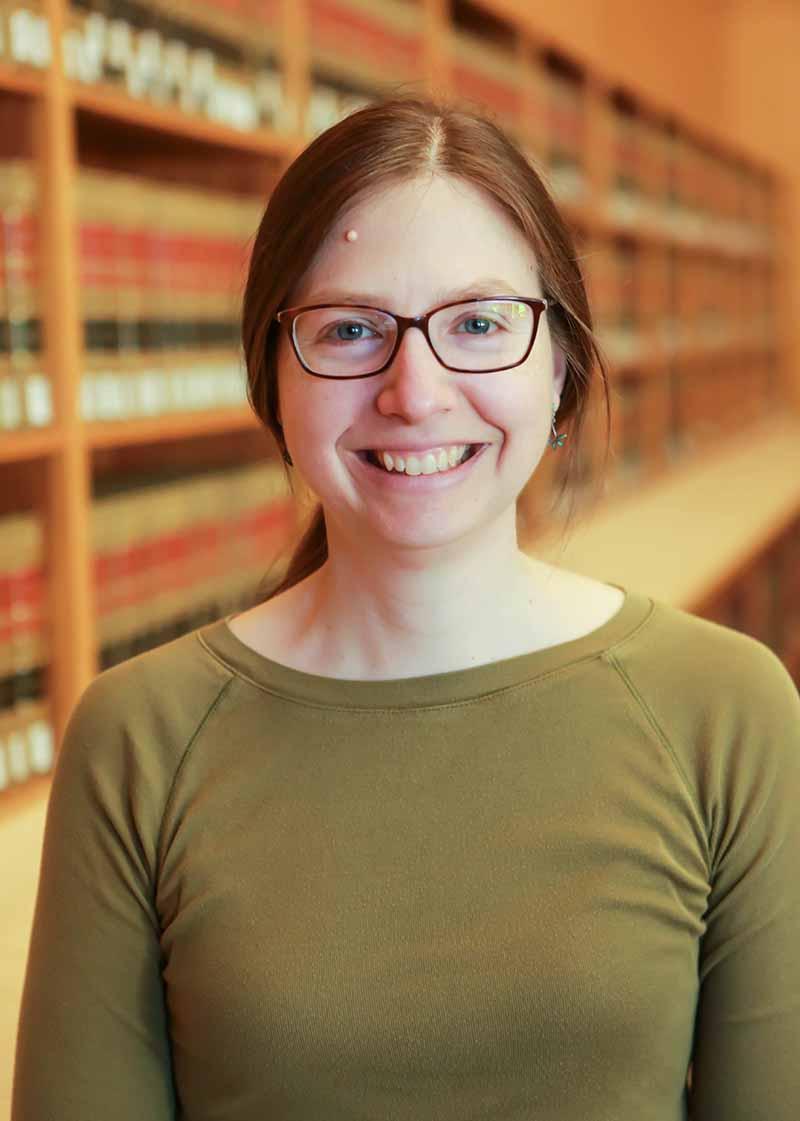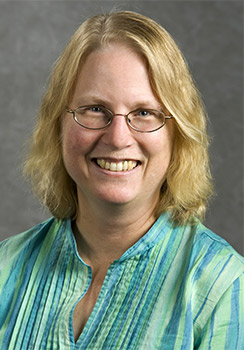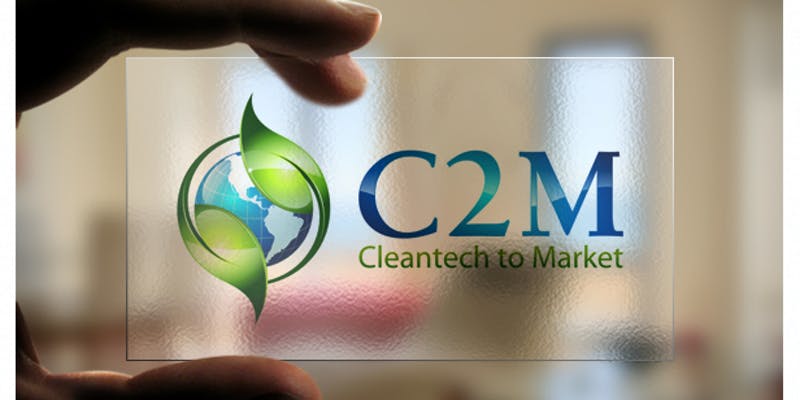| |
Renewable Energy
A New Solar Landscape: Improving County-Level Landscape Planning for Utility-Scale Solar PV Facilities
 Senate Bill 100 requires California's major utilities to obtain 60 percent of their
electric power from renewable sources by 2030 and 100 percent from carbon-free sources by 2045. To meet these aggressive new targets, the state will need to significantly increase the development of utility-scale solar PV facilities. Senate Bill 100 requires California's major utilities to obtain 60 percent of their
electric power from renewable sources by 2030 and 100 percent from carbon-free sources by 2045. To meet these aggressive new targets, the state will need to significantly increase the development of utility-scale solar PV facilities.
But those facilities can cover hundreds or thousands of acres in rural and undeveloped areas, raising environmental concerns and facing challenging local land use approval processes.
Our new report,
A New Solar Landscape, offers a suite of policy solutions for incentivizing and improving landscape-level planning to meet California's solar development goals, outlining potential reforms such as:
- Encouraging development of local landscape-level plans by linking them to incentives like expedited review under the California Environmental Quality Act.
- Increasing support for transmission infrastructure located in areas appropriate for solar development.
- Creating a consolidated, statewide zoning and planning data resource.
A New Solar Landscape presents these recommendations and many more with the potential to increase local and regional governments' capacity to engage in collaborative, landscape-level planning and their effectiveness in promoting utility-scale solar PV development while addressing residents' concerns and protecting local ecosystem resources.
|
Electrifying Transportation
100% Zero: Solutions to Achieve Universal Zero-Emission Vehicle Adoption

Long-term climate goals require a major societal transition away from burning gas and diesel fuels for transportation. Battery electric vehicle (and some hydrogen) technologies represent a powerful and growing alternative. As a result, some countries and states-including California-are contemplating phase-outs or bans on the sale of new internal combustion engine passenger vehicles by a date certain. Such a phase-out could be critical to achieving long-term climate goals and improving public health.
CLEE's new report,
100% Zero, identifies key challenges and solutions to achieving a scenario in which 100 percent of new vehicle sales are zero-emission.
The report identifies the most pressing barriers, which include:
- Weak business model for automakers and dealers to produce and sell ZEV models that are competitive on price, range, and performance.
- Lack of public charging infrastructure to meet current and projected demand.
- Lack of public awareness of ZEVs to inform purchasing decisions
- Insufficient, ineffective and uncertain public incentives.
In response, the report recommends that policy makers consider:
- A state charging infrastructure funding package to deploy the needed infrastructure through 2025, with required grid upgrades and workforce training
- New electricity rates, such as reformed demand charges, for site hosts to minimize fuel and operations costs, particularly for high-speed chargers
- Improved and expanded long-term federal and state incentives for ZEV purchases and infrastructure, with a guaranteed phase-down over time
|
| News
The Upshot of the 2018 Midterms

It's been a week since the midterm elections, and we're witnessing the shift from the campaign trail to conversations about agendas, next steps, and implementation. While many questions linger, we can project some of last week's impact on environmental and energy policy both here in California and across the nation.
- Dan Farber's column explores the upshot of the election's implications for E&E policy nationwide.
Much remains to be seen, but it's clear that there's already much work to be done.
|
|
Faculty + Staff
In the News
|

Nell Green Nylen was invited to join the County Drought Advisory Group (CDAG)
. The Department of Water Resources and the State Water Resources Control Board have created the CDAG pursuant to AB 1668 and SB 606 to provide input on implementation of water legislation.
|

In Climatewire's
article on the Juliana v. United States Supreme Court case, Holly Doremus comments on the government's role in preventing future risks, such as climate change.
|

Ethan Elkind discusses the 2018 United Nations IPCC report, which warns of the fast rate of climate change, on
KTVU. Wired also taps into Ethan's thoughts for their
article on EPA's car emission rules.
|
Upcoming
ELQ Alumni Happy Hour
Thursday, November 29th from 6:30-8:30pm
Cornerstone, Berkeley CA
Join current and former members of Ecology Law Quarterly (ELQ), the Berkeley Energy & Resources Collaborative (BERC), Berkeley Law's Center for Law, Energy & the Environment (CLEE), and others from the environmental and energy community to mingle and hear about the
latest edition of the journal. The special issue focuses on oceans and climate change, and features authors from a conference CLEE hosted in Sweden last year. Come early to enjoy some appetizers.
|
Upcoming
Annual Cleantech Symposium
Friday, November 30th, 9am-4:30pm
Haas School of Business
 Join the Haas Business School for the 10th anniversary of Cleantech to Market!
Join the Haas Business School for the 10th anniversary of Cleantech to Market!
- Dauntless IO - Adaptive machine learning for sensing applications
- Opcondys - Power switching using light instead of electricity
- Mosaic Materials - Metal organic frameworks for gas separation
- Lucent Optics - Light-redirecting film for efficient natural lighting
- HelioBioSys - Cyanobacteria to create sustainable biomaterials
- Treau - Lightweight heat exchangers to decarbonize HVAC
The Symposium is free of cost for registered attendees. Registration includes lunch and a networking reception.
|
CLEE is dedicated to developing pragmatic policy solutions to critical environmental and energy challenges, and to supporting the education of tomorrow's leaders in this field. If you would like to support these efforts, please consider making a one-time or recurring donation through
our giving portal.
Any gift, no matter the size, is deeply appreciated. We are independently funded from the university, and we wouldn't be here today - and won't be here tomorrow - without you.
|
|
|
|
| |
|
|